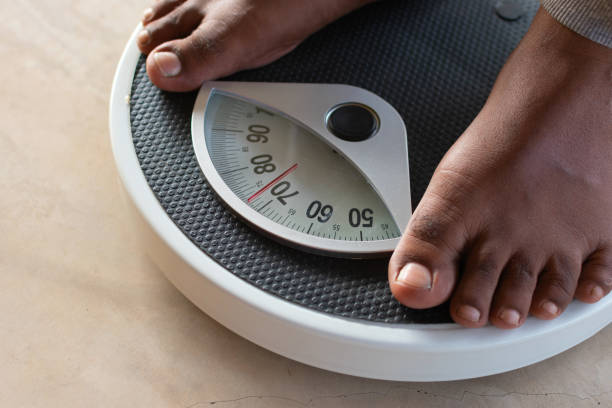Protein And Weight Loss: How Much Protein Do You Need To Eat Every Day?

A handful of key aspects have been identified from decades of research in the
effects of diet and weight loss.
It is obvious that exercising is important but healthy eating habits are more
crucial to lose weight than time spent at the gym.
Second, when you are trying to lose weight there isn't one best one for
losing weight; many diets can be effective as long as the balance of calories is
taken into account.
Third, dietary protein is one of the primary "levers" in an eating plan that
can increase the likelihood of someone's ability to shed weight.
This article will break down the controversy surrounding protein. It will
tell you how much protein you should be eating to lose weight . It will also
provide a list important things to take into consideration when designing your
diet.
What Is Protein?
Protein is a macronutrient that is essential that is involved in nearly every
bodily function. It is vital for healthy living and plays an important role in
exercise recovery. The elements carbon, hydrogen, nitrogen, and oxygen mix to
create amino acids, the protein's building blocks. Protein and amino acids are
primarily use to create tissues within the body, make enzymes and cell
transporters and maintain the balance of fluids and much more. You may get more
information on fat reduction by browsing weight loss blog by Christopher Hansen
website.
How Much Protein per Day to Lose Weight?
If you are looking to shed weight, aim for an average daily intake of between
1.6 and 2.2 grams of protein per kilogram of body mass (.73 and 1 gram per
pound). If you're trying to lose weight, heavy-trainers and athletes should
consume between 2.2-3.4g protein per kilogram (1.5-1.5g per pound).
I would suggest that people with a higher BMI of 30 or more or with body fat
percentages that are 25-30% or greater must base their protein intake on their
goal weight.
What are the benefits of protein in losing weight?
A diet plan for weight loss can include dietary protein.
There are numerous benefits to dietary protein There are four primary areas
with direct effects on weight loss:
Satiety
Lean mass
Thermic effects of food
Storage as body fat
Let us take an in-depth look at each of these subjects.
Protein Maintains Lean Physical Body Mass
Additionally, protein provides another benefit on weight loss. It can help
preserve lean body mass when there is a caloric restriction.
One study examined the effects of a diet with low protein (1.0 grams per
kilogram daily) to high protein intake (2.3 g/kg/day) on body mass lean during a
brief caloric deficit. The low protein group lost approximately 1.6 kilograms
(3.5 pounds) of muscle mass while those who consumed high levels of protein lost
0.3 kilograms (0.66 pounds) of muscle mass.
A similar study looked at 0.8 grams/kg of daily intake in comparison to 1.6
g/kg/day and 2.4 grams/kg/day. It concluded that higher intakes (1.6
grams/kg/day and 2.4) helped to preserve more mass than the diet of 0.8. The
researchers also concluded that there was no benefit to 2.4 g/kg per day over
1.6 grams/kg/day.
Current evidence suggests that the daily recommended intake of protein is 1.66 grams per kilogram or 0.73 grams per pounds. This can help reduce the lean body mass fat loss.
Comments
Post a Comment